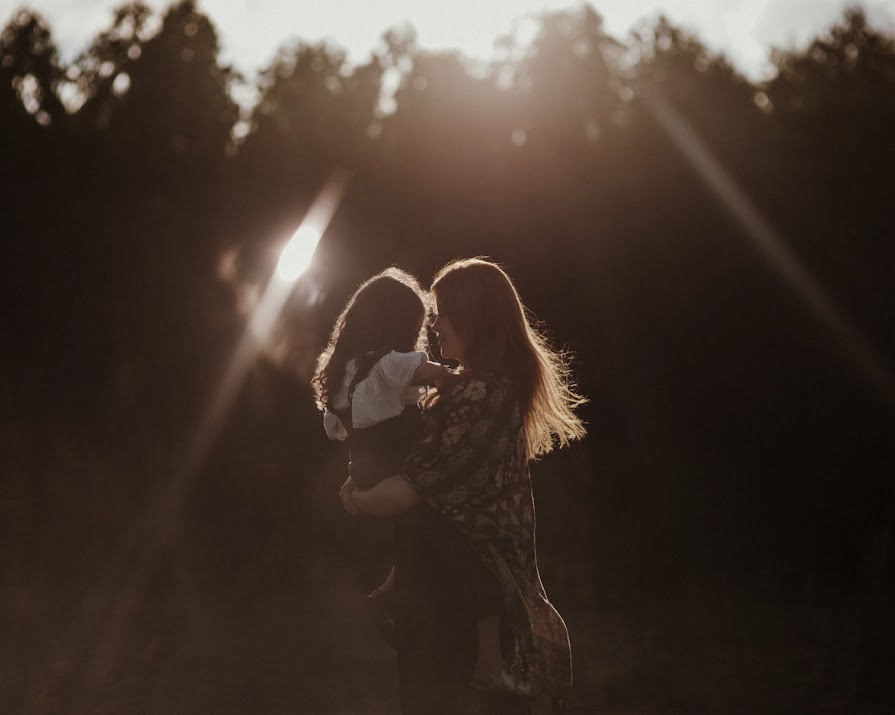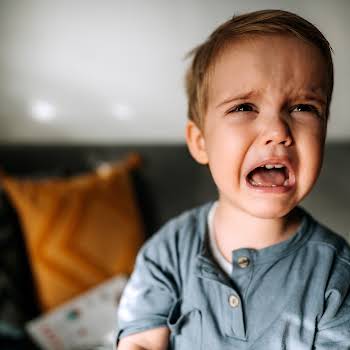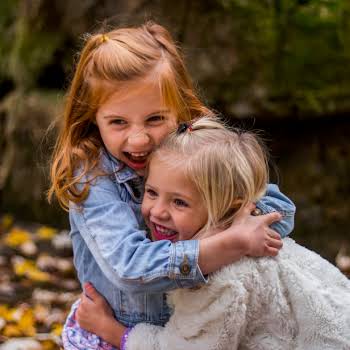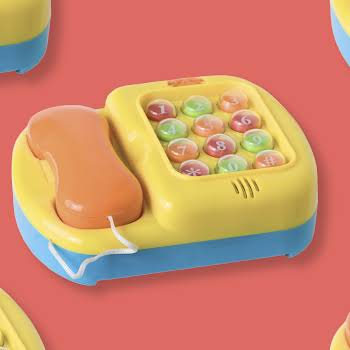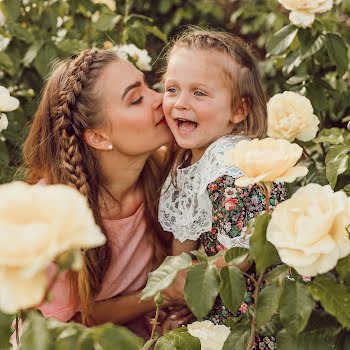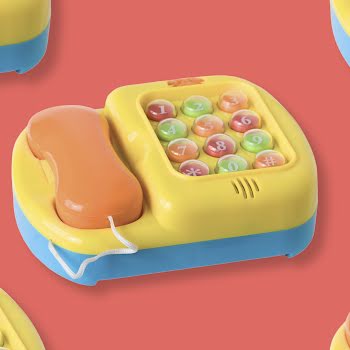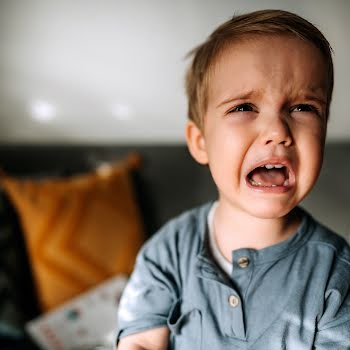
A parent would do anything for their child, right? Here’s why that’s a problem
By Amanda Cassidy
24th Oct 2023
24th Oct 2023
Today's children are more likely to succumb to 'failure to launch,' or a delay in growing up with the tools to face an adult world. Today’s children are less likely to do chores or get summer jobs and their parents are more likely to bulldoze problems away.
As parents, we want the very best for our children – to be happy, to not be distressed. We childproof the house, organise swimming lessons, chase the monsters under the bed away. But there’s only so much we can do to dull the sharp corners of life. So how do you protect your child from future anguish?
Research has found that perhaps how we, as parents, instinctively deal with our child’s anxiety is counterproductive. The study found that the more a parent makes accommodations to ease anxiety for a child, the harder it is for that child to learn resilience. With resilience comes confidence and an increased chance of happiness as kids learn that life is what we make it.
We are at risk of sanitising life so much for our kids as they grow that they lose the ability to tolerate discomfort, and lack the sense of personal competence when they overcome something hard.
Adjustments
Published in the Current Directions in Psychological Science, researchers found that the ways in which parents and family members adjust routines or expectations to alleviate the symptoms and distress of a child or to avoid triggers, can maintain anxiety in the long term. For example, if a child is anxious about storms, participating in that anxiety such as checking the weather for the child isn’t perhaps the healthiest action.
Furthermore, research examining cognitive behavioural therapy outcomes suggests that children with anxiety disorders tend to have more positive outcomes when parents decrease accommodation during treatment.
When considering a parent’s role in this cycle, it helps to understand the role of “accommodation.” Accommodation is any change a parent makes to their own behaviour to help kids avoid or lessen anxiety.
But it’s in our nature to do everything to make our children happy and typically, these changes come from a caring and loving place. In actuality, accommodation often shows kids that they cannot face their anxieties and that they need others to step in to fix their problems.
Fragile
You may be an anxiety participant if your child experiences anxiety and you actively engage in behaviours to make them more comfortable. Maybe you sleep with your child who “cannot” sleep alone or join your child at school when they are afraid to attend alone.
A recent article in The Atlantic delved into the worrying signs of fragility presenting in our children present from a young age.
It highlighted promising new treatment out of Yale University’s Child Study Center called SPACE (Supportive Parenting for Anxious Childhood Emotions). This takes a novel approach to combat so-called ‘helicopter’ parenting by treating the parents instead of the children.
It is as effective as CBT, according to a widely noted study published in the Journal of the American Academy of Child & Adolescent Psychiatry earlier this year, and reaches even those kids who refuse help.
Resilience
Eli Lebowitz, the psychology professor who created it says we need to focus on fortifying the psyche of our kids. “Far too often, we insulate our children from distress and discomfort entirely. And children who don’t learn to cope with distress face a rough path to adulthood.”
But we live in a time when parents get blamed for everything. That’s why Lebowitz is keen to stress that this isn’t something the parents are doing on purpose. In fact, they know they are doing it but find it hard to stop.
“There is only a correlation between children’s anxiety and parents’ behaviour. SPACE treatment is predicated on the simple idea that you can combat a kid’s anxiety disorder by reducing parental accommodation—basically, those things a parent does to alleviate a child’s anxious feelings. If a child is afraid of dogs, an accommodation might be walking her across the street so as to avoid one. If a child is scared of the dark, it might be letting him sleep in your bed.”
Confidence
And we are not alone in wanting to chase the monsters away.
According to studies, about 95 per cent of parents of anxious children engage in accommodation. The everyday efforts we make to prevent kids’ distress—minimising things that worry them or scare them, assisting with difficult tasks rather than letting them struggle—may not help them manage it in the long term.
Programmes like SPACE and awareness about this can help parents figure out how to start reducing their accommodations, while also expressing empathy for their child’s suffering and confidence in her capabilities.
If it works, and usually it does, it sets in motion a positive cycle: As a parent’s behaviour changes, kids will start coping for themselves. As they cope, they’ll come to feel more capable, and they will be treated as such by their parents, who will further reduce accommodation.
This article was originally published in August 2022.











